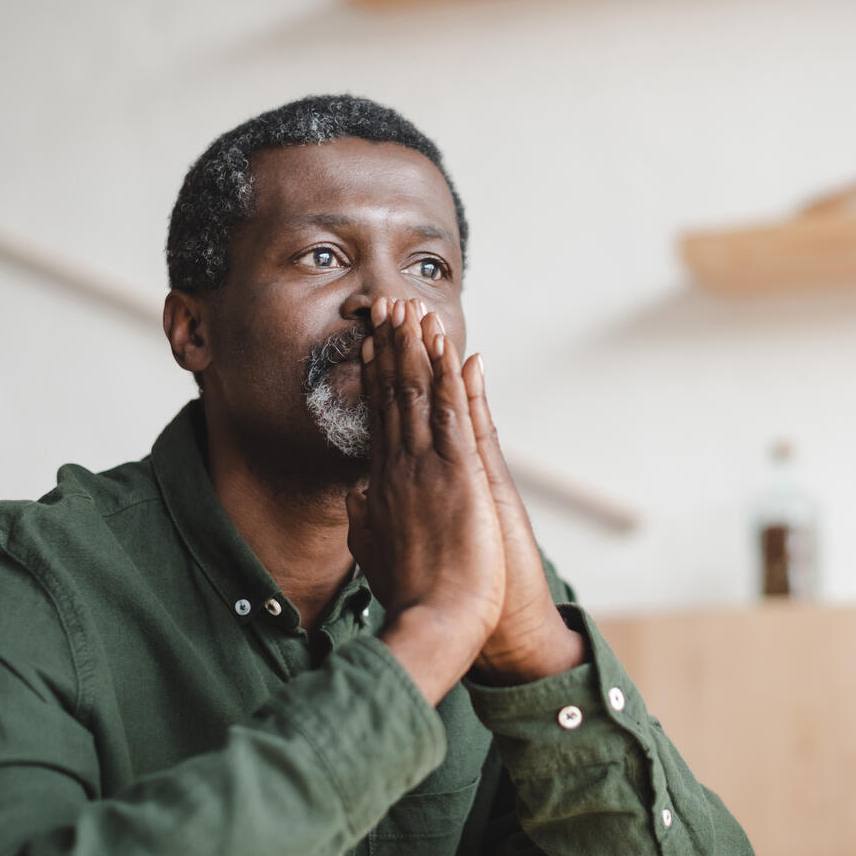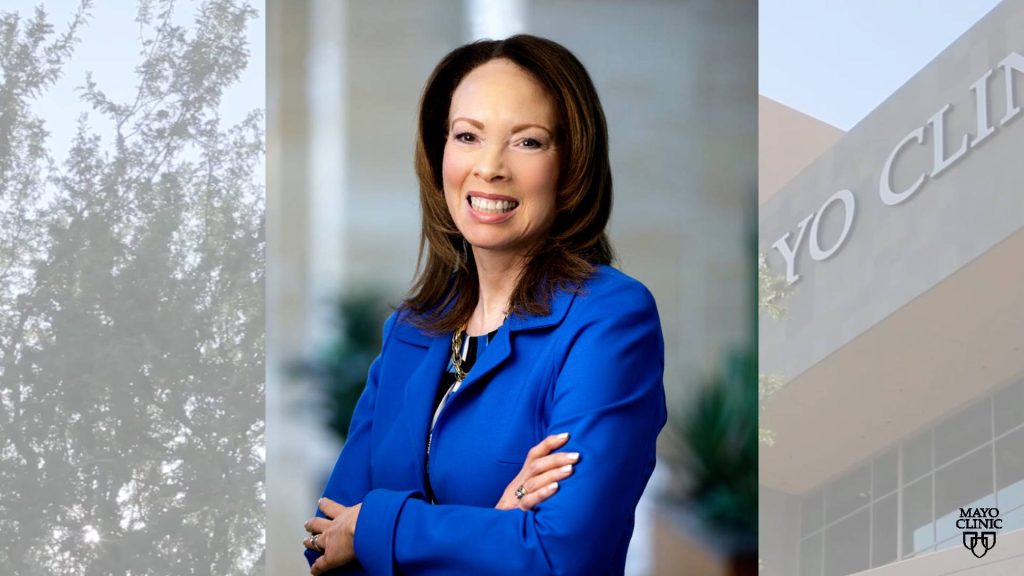
Black History Month is commemorated every February. It’s a month for all people to celebrate and learn about diverse and important contributions of African Americans to American society and culture, as well as to reflect on the ongoing fight against racism, inequity and discrimination.
Mayo Clinic News Network is highlighting Mayo Clinic physicians who are focused every day on achieving health equity, inclusion and diversity through their work.
Meet Dr. Michele Halyard, a physician in Mayo Clinic's Radiation Oncology Center. When Dr. Halyard began her career, she recognized a lack of diversity and inclusion. She made a commitment to change that. Nearly forty years later, Dr. Halyard is recognized as a one of the most influential and impactful leaders in the movement toward health equity.
Journalists: Broadcast-quality video (2:31) is in the downloads at the end of this post. Please courtesy: "Mayo Clinic News Network." Read the script.
In the beginning
Thirty-six years ago, Dr. Michele Halyard began her journey as a radiation oncologist at Mayo Clinic. "I loved Mayo and decided that I wanted to practice at Mayo in Arizona. I joined the staff here in 1989, and it really has been a tremendous journey," says Dr. Halyard.
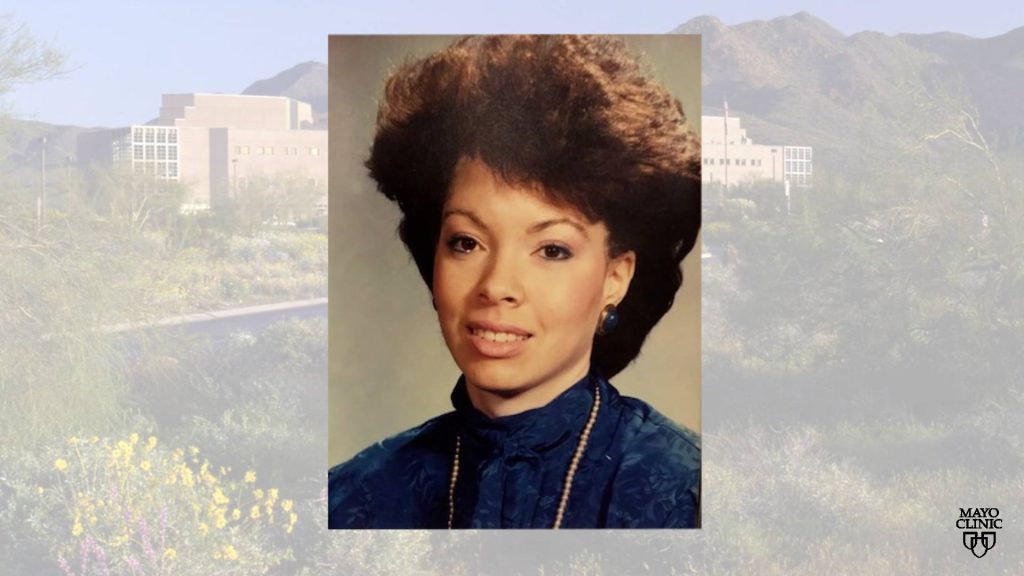
A journey, Dr. Halyard remembers, began with concerns about a lack of diversity. "I didn't see a lot of people of color at the clinic, either working or as patients," recalls Dr. Halyard. "I thought, what a shame that was, because of the preeminence of health care that we deliver."
Early on, Dr. Halyard feared the lack of diversity could negatively impact patient outcomes. "People who perhaps feel shut out from the health care system, people who experience structural racism that prevents them from getting in for the best care, that really results in excess death, excess suffering amongst populations of people," says Dr. Halyard. "It's not just underrepresented people, it's people who are really not in that population that can take advantage of all that there is to offer."
The mission
Dr. Halyard went on a mission to increase health equity. In 2011, she founded the nonprofit organization, Coalition of Blacks against Breast Cancer, to raise awareness of the risks of breast cancer in Black men and women.

"We go out into the community to educate about the importance of breast cancer screening, diagnosis, treatment and survivorship," says Dr. Halyard. The organization now also raises awareness about prostate cancer.
Dr. Halyard also serves as the Suzanne Hanson Poole Vice Dean of Mayo Clinic Alix School of Medicine and the dean of the Arizona campus. She also mentors physician colleagues, like Dr. Sarah James.
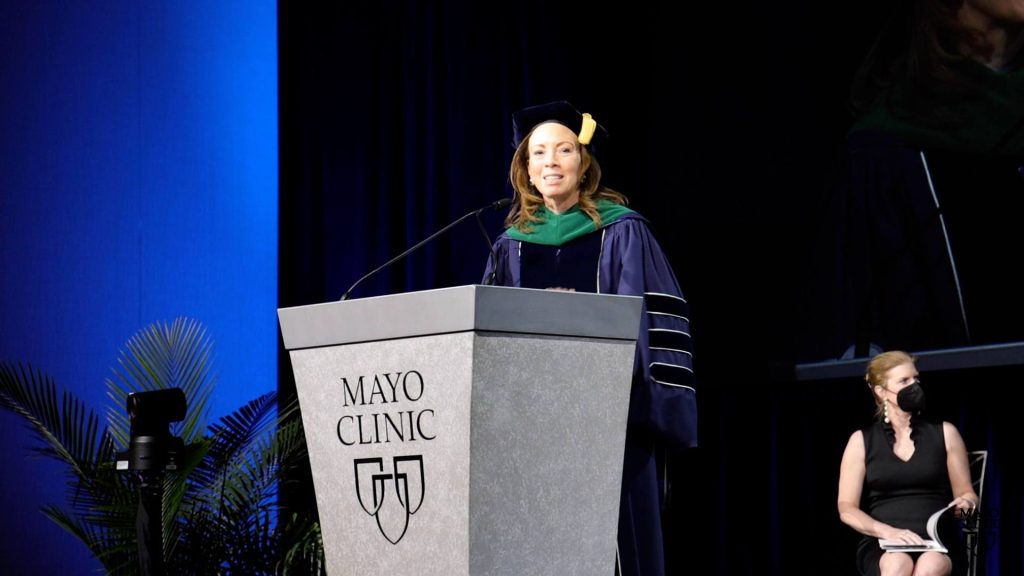
"It's very hard to put into words the impact that she's had as a role model on myself and so many others as a Black female. She has served in such a leadership role for so many years," says Dr. James.
After nearly four decades at Mayo Clinic, Dr. Halyard looks back with a feeling of progress, and forward, with hope. "In the beginning, where people didn't even feel comfortable talking about the word diversity, to now, having an 'Everybody IN' initiative where we've devoted $100 million to fighting racism," says Dr. Halyard. "I think we've come a long way."
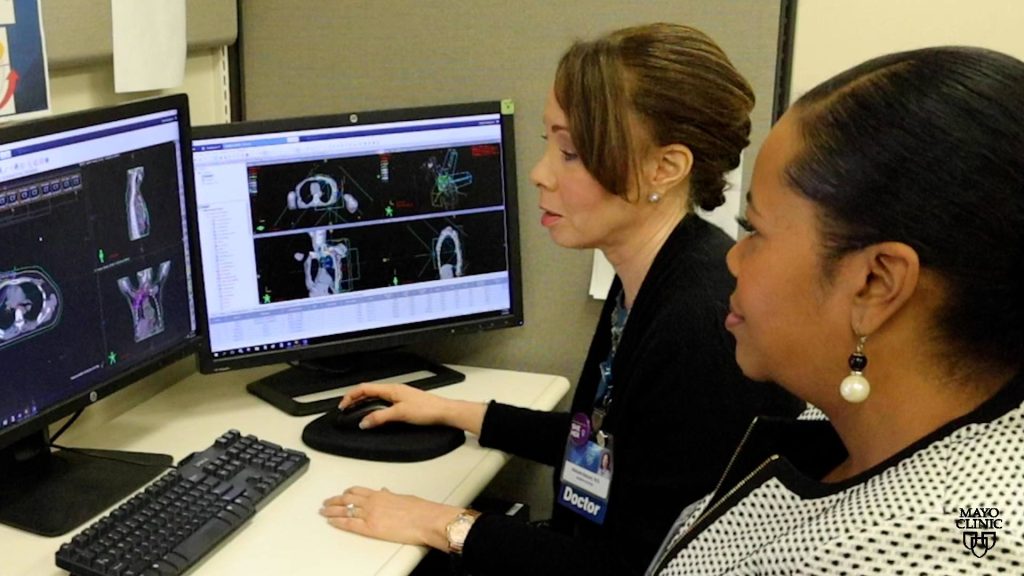
Related posts:
- Black History Month: Dr. Lionel Kankeu Fonkoua, helping at-risk patients and increasing diversity in clinical trials
- Black History Month: Dr. Floyd Willis on the importance of inclusive Alzheimer’s Disease research
- Black History Month: Dr. Alyx Porter on shaping the future generation of physicians






